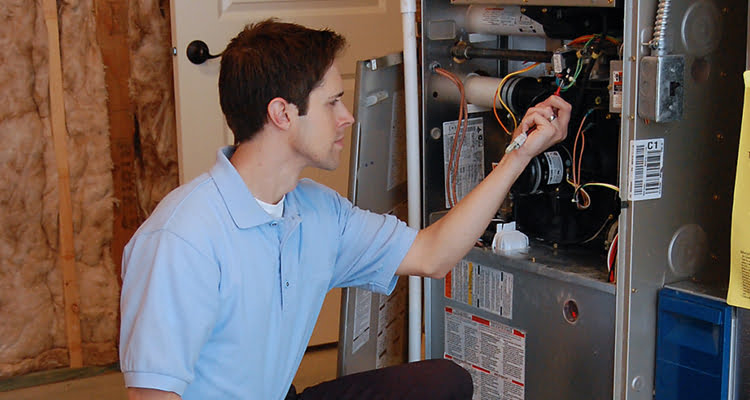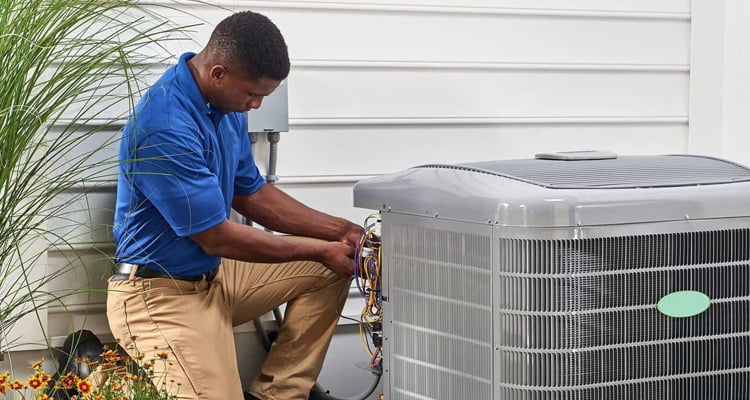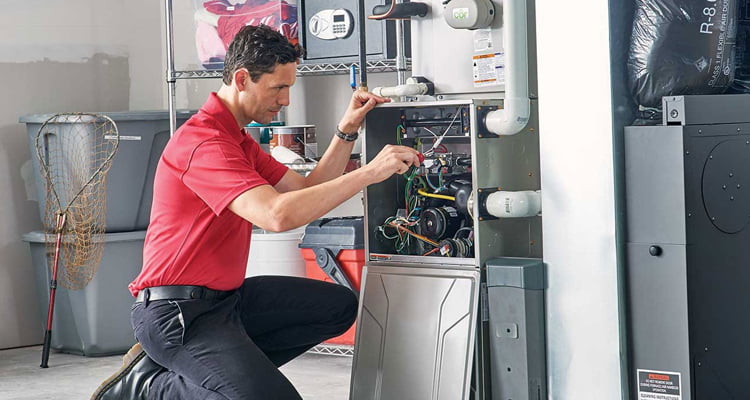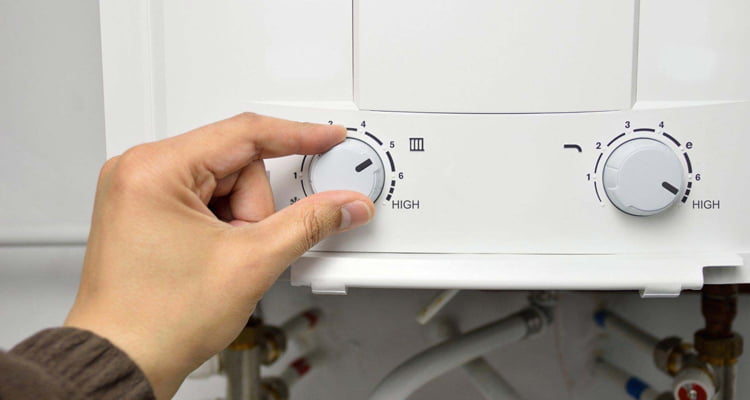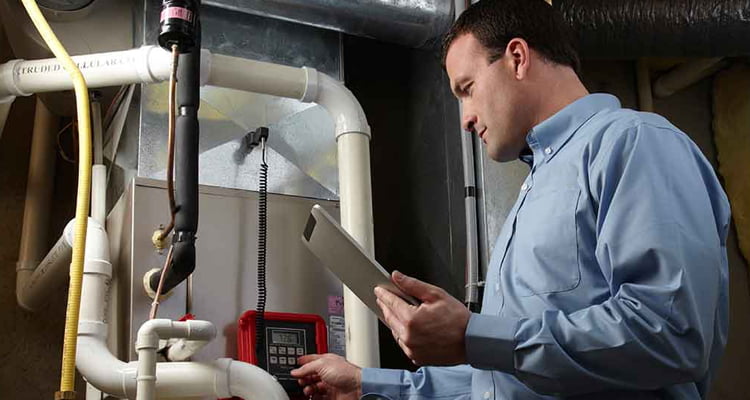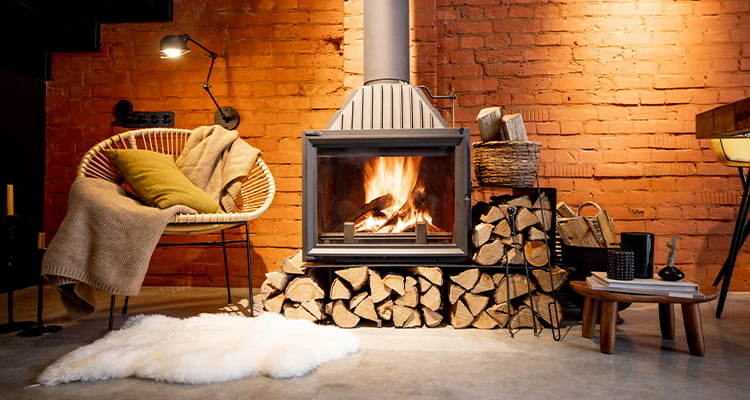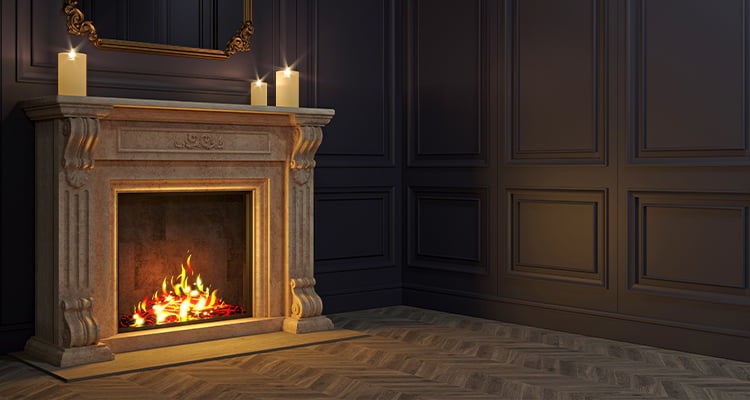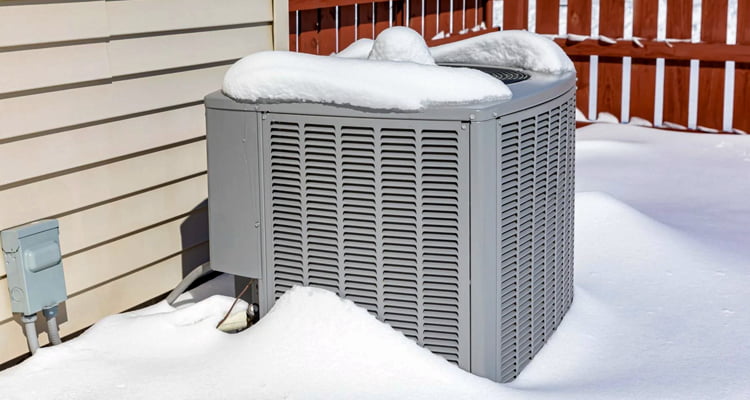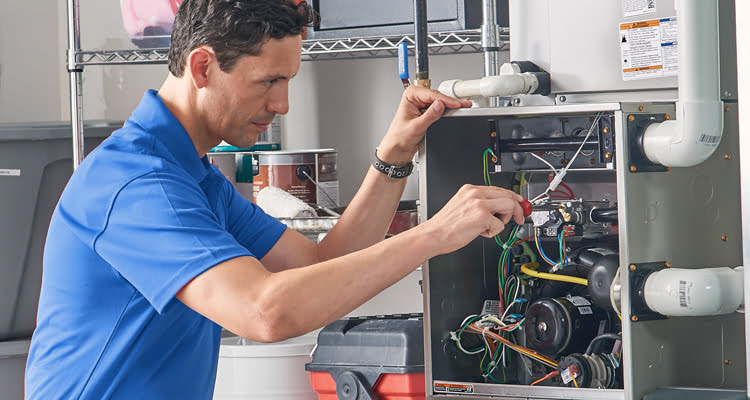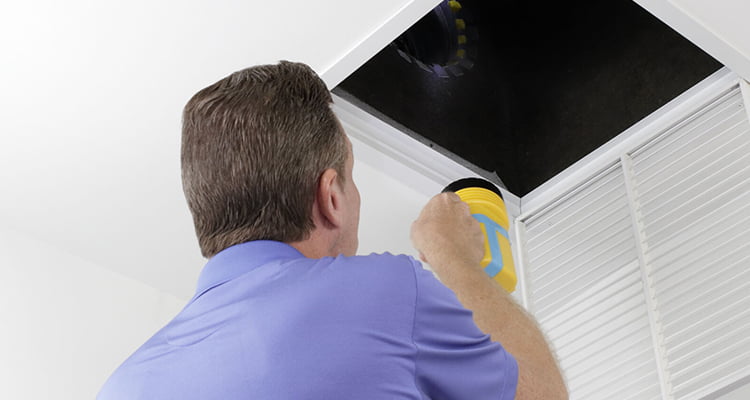Right Gas Fireplace Selection: How to Make the Best Choice for Your Home
The warmth and ambiance of a fireplace can transform any space into a cozy, inviting haven. However, maintaining a traditional wood-burning fireplace can take time and effort.
Professional HVAC companies offer gas fireplaces.
They offer the charm of a real fire without the hassles of wood. But with so many options available, how do you select the right gas fireplace for your home?
This comprehensive blog will help you make an informed decision.
Why Should You Choose A Gas Fireplace?
Before diving into the selection process, it’s essential to understand why a gas fireplace might be the ideal choice for your home.
Here are some of the compelling reasons:
Efficiency And Convenience
Gas fireplaces are incredibly efficient. They provide instant heat at the push of a button or flick of a switch. No need to stack firewood, clean up ashes, or worry about chimney maintenance.
Clean And Environmentally Friendly
Gas fireplaces produce fewer emissions than traditional wood-burning fireplaces, making them a more environmentally friendly option. There’s no need to cut down trees, and the air quality in your home remains excellent.
Safety
Gas fireplaces are safer than wood-burning options. There’s no risk of sparks or embers escaping, and you can easily control the flame size and intensity.
Aesthetic Appeal
Modern gas fireplaces offer realistic flames and a wide range of design options. They can enhance the aesthetics of your home while providing the warmth and comfort of a traditional fireplace.
Now that we understand the advantages of gas fireplaces, let’s explore the essential factors to consider when selecting one for your home.
Also Read: Why Furnace Maintenance Is Crucial In Vancouver
Type Of Gas Fireplace
There are three primary types of
gas fireplaces to choose from:
a. Inserts
Gas fireplace inserts are designed to fit into existing masonry fireplaces. They are an excellent choice to convert your wood-burning fireplace into a gas one. Inserts are known for their energy efficiency and can heat a room efficiently.
b. Built-In or Wall-Mounted
These gas fireplaces are ideal for new constructions or renovations. They are installed directly into the wall or built into a custom enclosure. This type provides a modern, minimalist look, often with a linear flame design.
c. Freestanding Stoves
If you don’t have an existing fireplace or want a more versatile option, freestanding gas stoves are great. They can be placed anywhere in your home and offer an appealing aesthetic with 360-degree visibility of the flames.
Heating Capacity
Consider the size of the area you want to heat. Gas fireplaces have different heating capacities, usually measured in BTUs (British Thermal Units). Ensure that your fireplace can adequately heat the room while remaining energy-efficient.
Venting Options
Gas fireplaces require proper venting to expel combustion byproducts. There are two primary venting options to choose from:
a. Direct Vent
Direct vent fireplaces have a sealed combustion system, drawing in fresh air from outside and expelling exhaust outside. They are highly efficient and suitable for well-insulated homes.
b. Ventless (Vent-Free)
Ventless fireplaces do not require external venting. They use advanced technology to burn gas cleanly, making them an option for homes without traditional venting systems. However, some areas may restrict ventless units due to safety concerns.
Design And Style
Gas fireplaces come in various designs, from traditional to contemporary. Consider your home’s decor and personal preferences when selecting a style that complements your space. Some popular design options include:
a. Traditional
These models mimic the appearance of classic wood-burning fireplaces, complete with logs and a realistic flame.
b. Modern
For a sleek and minimalist look, opt for a modern gas fireplace. They often feature linear flames and a reflective interior.
c. Rustic Or Vintage
If you prefer a more rustic or vintage ambiance, you can find gas fireplaces with decorative finishes like antique iron or aged wood.
Control Options
Gas fireplaces offer various control options:
a. Manual
Basic models come with manual controls, allowing you to adjust the flame height and heat output using knobs or levers.
b. Remote Control
More advanced models come with remote controls, enabling you to change settings from the comfort of your couch.
c. Smart Controls
Some gas fireplaces can be controlled through smartphone apps for ultimate convenience. You can program timers, adjust the flame, and remotely monitor your fireplace.
Check the fireplace’s efficiency rating, usually expressed as a percentage. Higher efficiency means more heat is transferred into your living space, and less is lost up the chimney.
About Pro West Heating And Air Conditioning
At
Pro West Heating and Air Conditioning, we’re a team of dedicated professionals committed to providing quality HVAC products and services to our valued customers.
We have years of experience in the industry in offering a wide range of heating and cooling solutions, including gas fireplace installation, repair, and maintenance.
We aim to keep your home comfortable and energy-efficient, regardless of the season. We pride ourselves on our expertise, attention to detail, and customer-centric approach.
Contact us today for more information.
